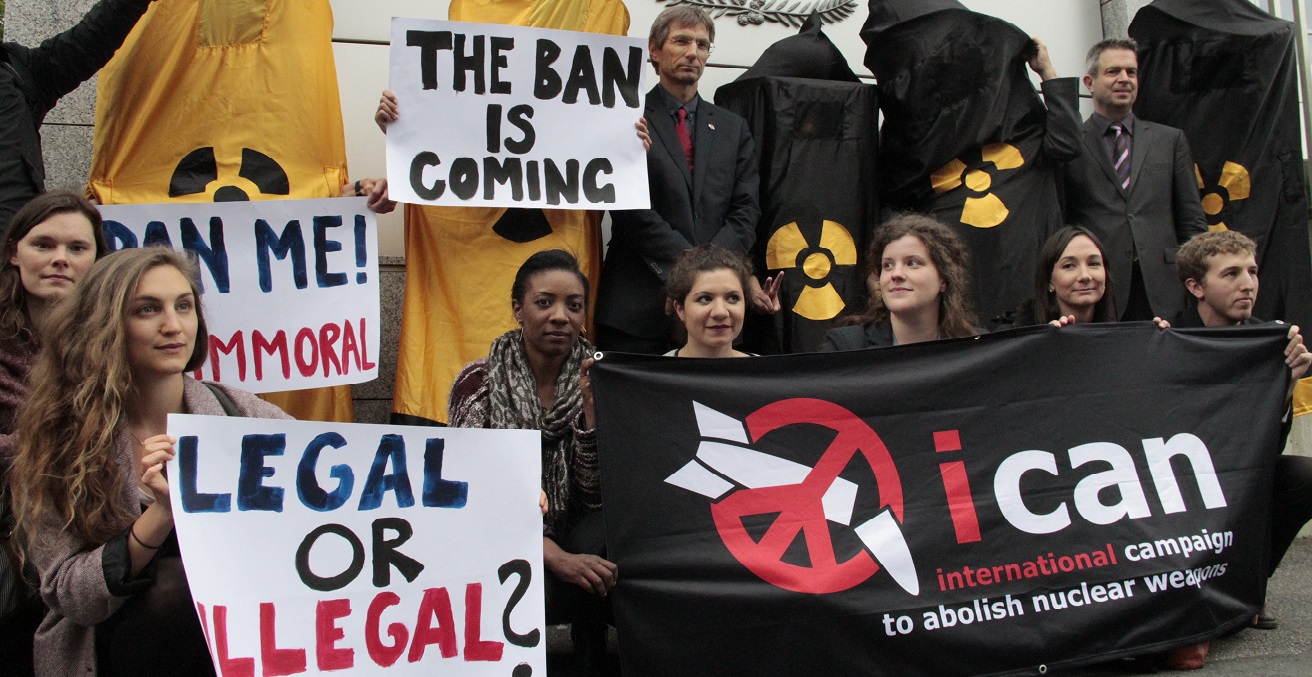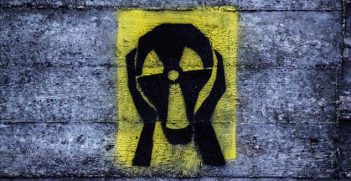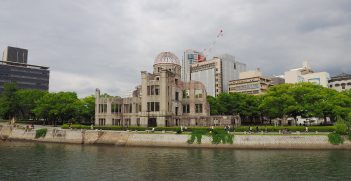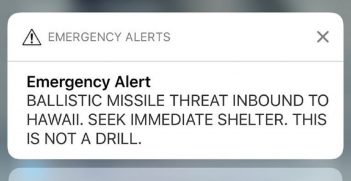Nobel Prize Recognises Wisdom of Australian Anti-Nuclear Group

Earlier this week, the 2017 Nobel Peace Prize was awarded to the International Campaign to Abolish Nuclear Weapons. Formed in Australia, its recognition highlights the desire of many to see a world free of nuclear weapons.
This the second time that the Norwegian Nobel Committee has awarded the Nobel Peace Prize to a group of people who have dedicated themselves to teaching the medical effects of a nuclear war to the people of the world. The first occasion was in 1985 when the prize was awarded to the International Physicians for the Prevention of Nuclear War (IPPNW), an organisation composed of groups of physicians in many countries of the world, including Russia.
The IPPNW was partly responsible for bringing the Cold War to an end because Mikhail Gorbachev was very affected after he watched the physicians on national Soviet television explain the ghastly medical consequences of nuclear weaponry. Ronald Reagan also eventually understood these implications, saying the “nuclear war must never be fought and can never be won”.
That was all very well and good. The world then settled down expecting that the mad nuclear arms race that had been mainly conducted between Russia and the US would end, a peace dividend would ensue and that the billions of dollars that had been spent on the production of nuclear weapons globally would therefore be diverted to peaceful projects.
But this was not to be so. The US military industrial complex, which relied heavily upon tax payer funds to support its massive industrial infrastructure, was not to be defeated. They launched a massive lobbying campaign to reinstate their industry, including one Norman Augustine, the CEO of Lockheed Martin, who travelled to the newly liberated Eastern Bloc countries to persuade them that they needed to become real democracies by joining NATO and having to invest in hundreds of millions of dollars arming themselves with US-made weapons. This dynamic, plus the later wars in Iraq and Afghanistan, gave fuel to the weapons industry to continue their invidious pursuits, such that the Pentagon budget now tops USD$1 trillion (AUD$1.28 trillion) per year if all black-ops operations are included.
In the meantime, the citizens of the world who had been severely worried about a possible nuclear war looming over their heads settled down in blissful ignorance believing that the nuclear threat of annihilation had dissipated. But the military corporations thrived and in fact President Barack Obama, in order to placate Senator Jon Kyl and allow the new START treaty (which would reduce the number of US and Russian strategic weapons) to be passed by the US Senate, agreed that funding be secured to the tune of USD$1 trillion dollars over the next 30 years to modernise, replace and rebuild every single nuclear weapon, missile, submarine, ship and plane.
In the face of such alarming catastrophic US military and corporate dynamics, in 2007, a small group of wonderful people located in Melbourne, Australia, including Professor Tilman Ruff, Tim Wright and Felicity Hill, decided on a course of action which emulated the UN ban on land mines, known as the Mine Ban Treaty or the Ottawa Treaty, which was signed by 122 states in Ottawa in 1997. This was the beginning of the now Nobel Peace Prize-winning International Campaign to Abolish Nuclear Weapons (ICAN).
They would call on all the countries in the UN to pass a law that would outlaw nuclear weapons once and for all. This movement to ban nuclear weapons spread like wildfire throughout the world, and the Austrian government stepped up to the plate and has been actively involved in supporting this treaty, as has the Vatican and many other countries.
Interestingly, but not surprisingly, while 122 countries support the UN Treaty on the Prohibition of Nuclear Weapons none of the nuclear nations supported it except North Korea. The US has been adamantly opposed and lobbying furiously against it while Russia, France, China, India, Pakistan and Israel have opposed it, as has Australia, a US acolyte.
The Nobel committee, bless its heart, saw the profound wisdom of a small group of mostly young people who organised the nations of the UN to vote to end the nuclear age and awarded them the Nobel Peace Prize.
Although it is clear at this stage that the nuclear-armed nations have no intention of complying with this treaty, the five European countries which host American tactical nuclear weapons—the Netherlands, Italy, Belgium, Germany and Turkey—may be induced to support the treaty thus cutting a significant wedge through the US nuclear policies. And it is entirely possible that other nuclear-armed countries may see the wisdom of abandoning their atomic arsenals, thus placing huge pressure upon Russia and the US, which now possess 94 per cent of the 15,000 nuclear weapons in the world.
Dr Helen Caldicott is an Australian physician, author, and anti-nuclear advocate. She has devoted the last 42 years to an international campaign to educate the public about the medical hazards of the nuclear age and the necessary changes in human behaviour to stop environmental destruction.
This article is published under a Creative Commons Licence and may be republished with attribution.





